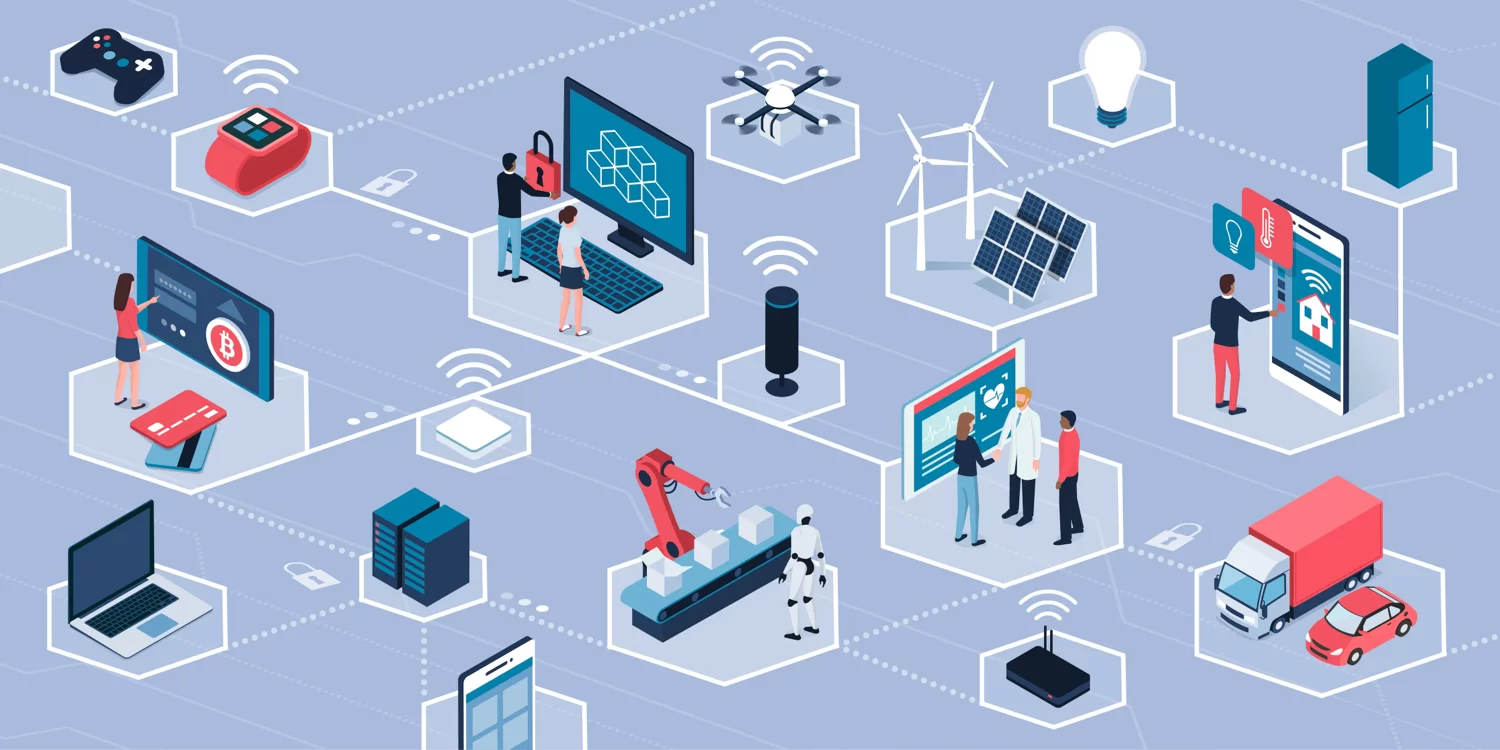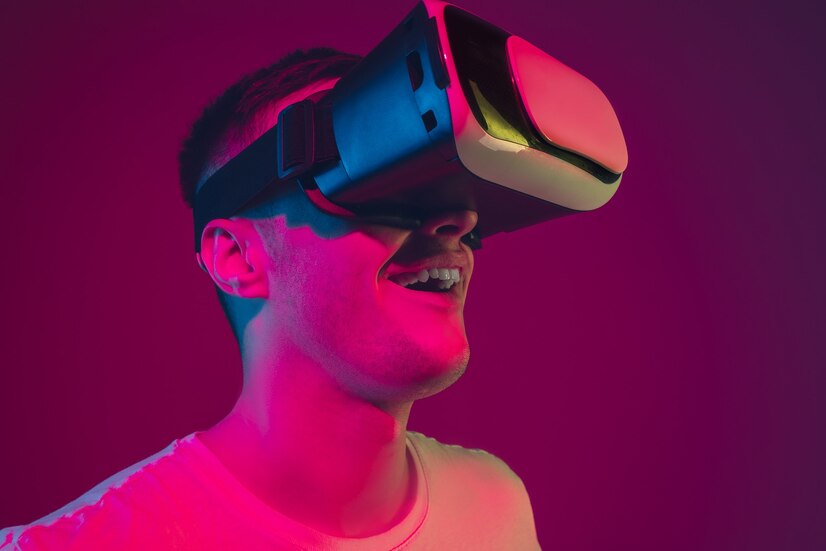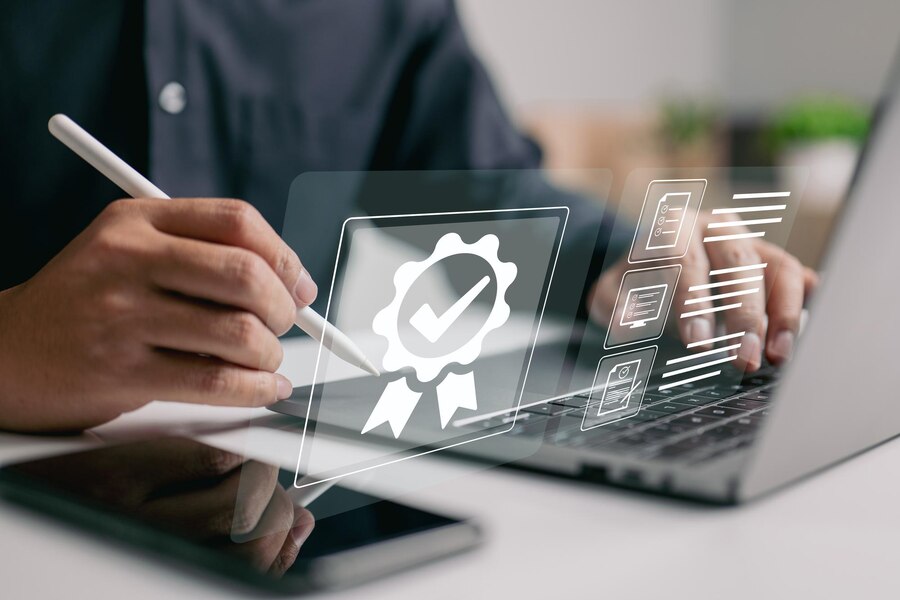As Blockchain, walking on the footprints of Artificial Intelligence, strives to become an evergreen technology of the digital, one can truly recognize its implementations and applications that have revolutionized every sphere of work that it has stretched itself to.
While there are years yet to come for the technology to become as competitive as AI, Blockchain is not behind in bringing transformations among different industries, concerning transparency, security, trust, and traceability, thus, leveraging business efficacies.
With the healthcare industry being no exception, blockchain has improved the healthcare ecosystem by enhancing the security, privacy, and interoperability of health data.
Based on decentralized consensus, the technology has been leveraged to be used in both public and private settings. Without further ado, let’s take a rundown of the potential applications of blockchain in healthcare.

Blockchain’s Contribution in Reviving Healthcare’s Capabilities
Blockchain has immense scope for the healthcare industry where the global healthcare blockchain market is projected to reach USD 829.0 million by 2023, at a CAGR of 72.8% when compared to USD 53.9 million in 2018.
# Secure Patient Data
Healthcare is significantly dependent on medical data and keeping it secure and authentic is one of the crucial aspects of providing quality medical care to the masses. With high possibilities of medical data being exposed and breached, securing health data via blockchain is seen as an ideal solution to conceal the identities of patients and their records.
Blockchain, where already embedded within the electronic health record systems, maintains incorruptible, decentralized, and transparent patient logs with the help of complex and secure codes that are highly encrypted and hard to debunk.
Through more digital means, the decentralized nature of Blockchain technology has allowed patients, physicians, doctors, and service providers to share sensitive patient information nimbly and more privately.
Medicalchain, based in London, England, makes well use of blockchain technology to maintain the integrity of health records, establishing a smart medical ecosystem. Enhancing telemedicine they have launched a platform that enables video consultation to patients through ‘MedTokens’ that are highly authenticated.
# Prevent Costly Mistakes
Do you know?
Medical errors cost approximately $20 billion a year.
Miscommunication, time-consuming transactional processes, exhaustive patient account handling, etc. often leads to errors along with delays in patient care.
Blockchain solutions can effectively replace these inefficiencies by creating a secured patient data ecosystem that is accessible only by the personnel involved in a patient’s treatment, quickly.
This can lead to faster diagnoses, creating personalized care plans, and delivering quality care with the help of shared database repositories of medical records that employ blockchain security at its best.
Inserting patient information into a decentralized ledger technology helps accelerate the care process, automate administrative tasks, and improve health outcomes.
# Medical Supply Chain Management and Drug Traceability
Blockchain solutions ensure that the link between the lab and the marketplace becomes as transparent as water so that no questions are raised on the visibility of the medical supply chains.
The decentralized architecture of blockchain maintains and virtually guarantees full transparency throughout the supply chain process from drug manufacturing to its shipping.
Once a drug ledger is created, from the point of its origin, it is marked in the database and is continued to record its data at every stage, including who handled it, where it has been, time of delivery, labor costs involved, waste emissions, etc.
Instances of such broad application of blockchain come from the Chronicled brand who makes use of the technology in building a chain-of-custody network that ensures pharma companies about their medicines and their security. Their Mediledger system is dedicated to the safety, efficiency, and privacy of medical supply chains.
# Consistency through Smart Contracts
Smart contracts are digital protocols that verify and enforce the negotiation within a decentralized architecture.
In healthcare, they are used to construct a rule-based process for enterprises to have access to medical data. Coral Health uses blockchain and employs smart contracts between providers and patients to ensure data and treatments are accurate and accessible.
Further, they are helpful in easy claims settlements. Blockchain smart contracts define the terms and conditions of the contract between the provider and the payor and when a claim is submitted for processing, the entire procedure executes in real-time and at last, the final payment is released to the provider.
No intermediaries are involved, no follow-ups are required which streamlines and eases claims management, thus saving time, improving accuracy, and reducing the burden on the professionals.
Blockchain technology offers a myriad of opportunities for healthcare while reducing complexities, providing transparency, and letting data be secure and immutable at all levels.
The technology has a bright future where many organizations have started to apply Blockchain Technology Solutions, realizing its potential to raise the bar of expectations. While implementation of the same is not a cakewalk but there are experts who can assist you to make the overall journey to Blockchain a seamless one. Talk to one of our specialists to know how can blockchain technology revitalize your business and its web assets.







